Introduction
Politics is a complex and multi-faceted field that is shaped by a variety of factors, including economic conditions, historical events, and the actions of political leaders. However, one of the most important factors that shapes politics is human nature. This paper will explore the ways in which human nature influences politics, and how political leaders can use an understanding of human nature to achieve their goals.
The role of emotions in politics
One of the most important ways in which human nature shapes politics is through emotions. People tend to make decisions based on their emotions rather than rational thought, and this is especially true in the political arena. For example, people may vote for a candidate because they feel a personal connection to that candidate, rather than because they agree with the candidate's policies. Similarly, people may oppose a policy because they feel a strong emotional reaction to it, rather than because they have carefully considered the policy's merits.
Political leaders can use this understanding of human nature to their advantage by appealing to people's emotions. For example, a leader might use rhetoric that evokes feelings of nationalism or patriotism in order to gain support for a policy. Similarly, a leader might use negative advertising to evoke feelings of fear or anger in order to defeat an opponent.
The role of self-interest in politics
Another important aspect of human nature that shapes politics is self-interest. People tend to act in their own self-interest, and this is true in the political arena as well. For example, politicians may vote for a particular policy because it will benefit their own constituents, rather than because it is in the best interest of the country as a whole. Similarly, people may vote for a particular candidate because the candidate has promised to deliver specific benefits to the voter, rather than because the candidate has the qualifications to govern effectively.
Political leaders can use this understanding of human nature to their advantage by appealing to people's self-interest. For example, a leader might make promises to deliver specific benefits to certain groups of people in order to gain their support. Similarly, a leader might use rhetoric that emphasizes the benefits of a particular policy, rather than its drawbacks.
The role of group dynamics in politics
A third important aspect of human nature that shapes politics is group dynamics. People tend to conform to the opinions and actions of the groups to which they belong, and this is true in the political arena as well. For example, people may vote for a particular candidate or party because their friends and family members support that candidate or party, rather than because they have carefully considered the candidate's qualifications or the party's platform. Similarly, people may support a particular policy because they believe it is supported by the majority of people in their community, rather than because they have carefully considered the policy's merits.
Political leaders can use this understanding of human nature to their advantage by appealing to people's desire to conform to the opinions and actions of their group. For example, a leader might use rhetoric that emphasizes the support for a particular candidate or party among certain groups of people in order to gain support for that candidate or party. Similarly, a leader might use rhetoric that emphasizes the support for a particular policy among the majority of people in a particular community in order to gain support for that policy.
The role of cognitive biases in politics
Cognitive biases, which are systematic patterns of deviation from rationality in judgment, also play a significant role in shaping human nature in politics. For example, people may believe in certain conspiracy theories, or have a confirmation bias that leads them to only seek out information that confirms their existing beliefs. This can make it difficult for political leaders to change people's minds or to present new ideas and policies.
Political leaders can use an understanding of cognitive biases to their advantage by being aware of the potential biases of their audience and framing their message in a way that addresses those biases. For example, a leader might present evidence that contradicts a conspiracy theory to try to change people's beliefs. Additionally, leaders can also try to present their ideas and policies in a way that is easy to understand, and in a way that is consistent with people's existing beliefs and values.
The role of social identity in politics
Social identity is another key aspect of human nature that shapes politics. People tend to identify with certain groups based on factors such as race, ethnicity, gender, religion, and socio-economic status. These social identities can shape the way people view political issues and the political leaders who address them. For example, a person may be more likely to support a political leader from their own racial or ethnic group, or a leader who addresses issues that are important to their social identity group.
Political leaders can use this understanding of social identity to their advantage by appealing to the social identities of their target audience. For example, a leader might use rhetoric that emphasizes the importance of issues that are important to certain social identity groups in order to gain support from those groups. Additionally, leaders can also try to build alliances with leaders and organizations that represent different social identity groups in order to gain support from those groups.
The role of power and leadership in politics
The final heading is about the role of power and leadership in politics. Power and leadership are closely related, as power is the ability to influence others and leadership is the ability to use that power to achieve specific goals. In politics, power is often held by a small group of people, such as political leaders and political parties. These leaders and parties use their power to shape the political agenda and make decisions that affect the lives of millions of people.
Political leaders can use their power and leadership skills to achieve their goals by building coalitions, negotiating with other leaders, and using their power to shape the political agenda. Additionally, leaders can also use their power to shape public opinion and gain support for their policies by using media and other forms of communication. The role of communication in politics
Communication plays a crucial role in politics as it is the primary way that political leaders connect with voters and convey their message. The way in which a political leader communicates can shape the way people view the leader and their policies. For example, a leader who uses clear and concise language is more likely to be understood and supported by voters than a leader who uses complex and jargon-heavy language.
Political leaders can use their communication skills to their advantage by being aware of the audience they are communicating to and tailoring their message to that audience. For example, a leader might use different language and communication strategies when addressing a group of young voters compared to a group of older voters. Additionally, leaders can also use social media and other digital platforms to communicate with voters and shape public opinion.
The role of culture in politics
Culture also plays a crucial role in shaping politics, as it shapes the way people view the world and the political issues that are important to them. For example, people from different cultural backgrounds may view issues such as immigration, national identity, and social issues in different ways. This can make it difficult for political leaders to gain support for their policies and positions.
Political leaders can use an understanding of culture to their advantage by being aware of the cultural backgrounds of their target audience and tailoring their message to that audience. For example, a leader might use different language and communication strategies when addressing a group of people from a different cultural background. Additionally, leaders can also try to build alliances with leaders and organizations that represent different cultural groups in order to gain support from those groups.
The role of media in politics
The media plays a crucial role in shaping politics as it shapes the way people view political issues, leaders, and events. Media can influence the way people think and feel about political issues, and can shape public opinion. For example, the way in which a news outlet covers a political event or a political leader can shape the way people view that event or leader. This can make it difficult for political leaders to shape public opinion and gain support for their policies.
Political leaders can use an understanding of the media to their advantage by being aware of the way in which the media covers political issues and leaders, and shaping their message accordingly. For example, a leader might use different language and communication strategies when addressing the media compared to when addressing a group of voters. Additionally, leaders can also use social media and other digital platforms to communicate directly with voters and shape public opinion.
Conclusion
In conclusion, human nature plays a crucial role in politics. A variety of factors such as emotions, self-interest, group dynamics, cognitive biases, social identity, power and leadership skills, communication, culture, and media shape the political arena and can be used by political leaders to achieve their goals. By understanding these aspects of human nature, political leaders can more effectively communicate with voters, build support for their policies, and ultimately be successful in achieving their goals.
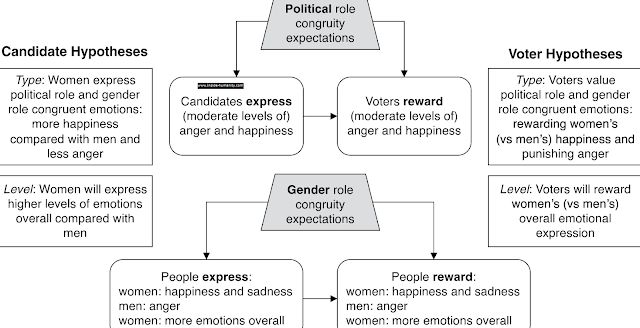
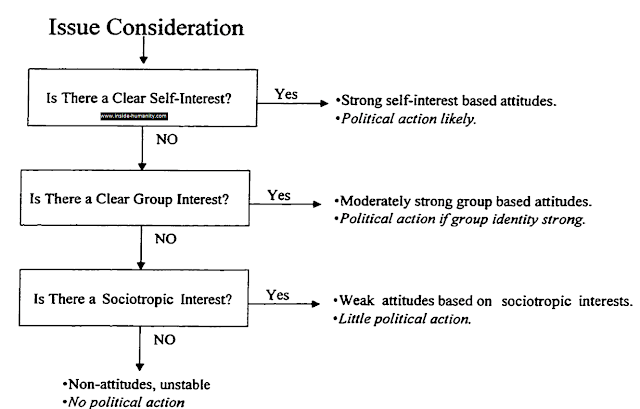
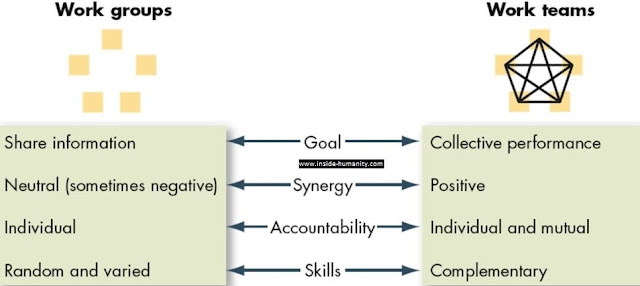
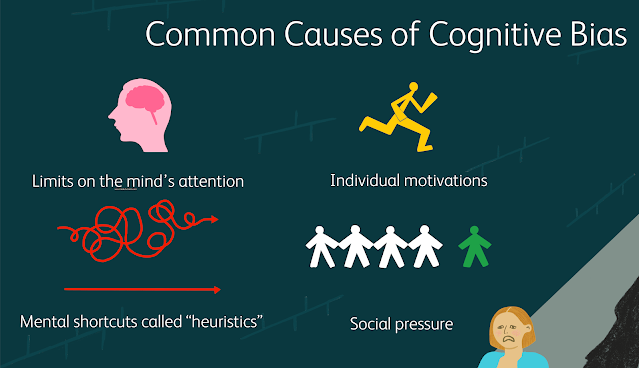
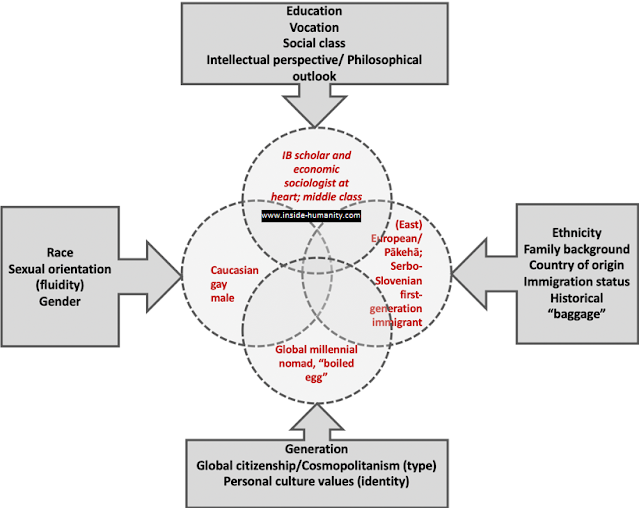

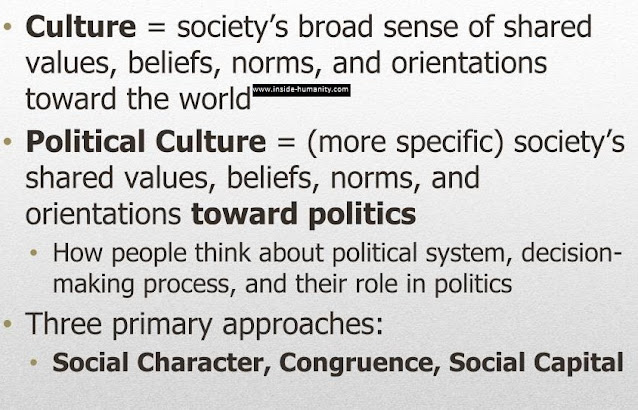
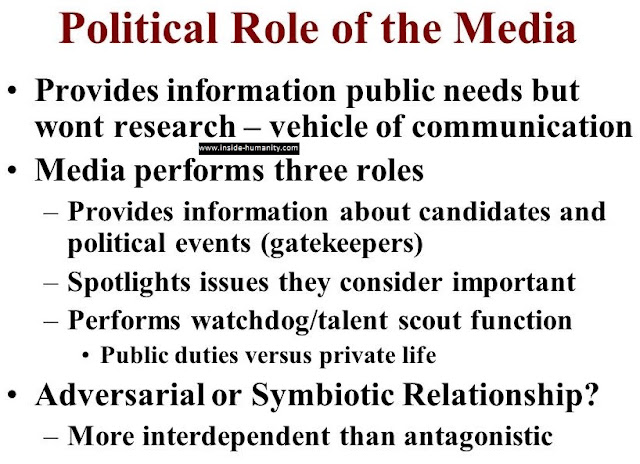






0 Comments
Thank you. We'll reply you shortly.